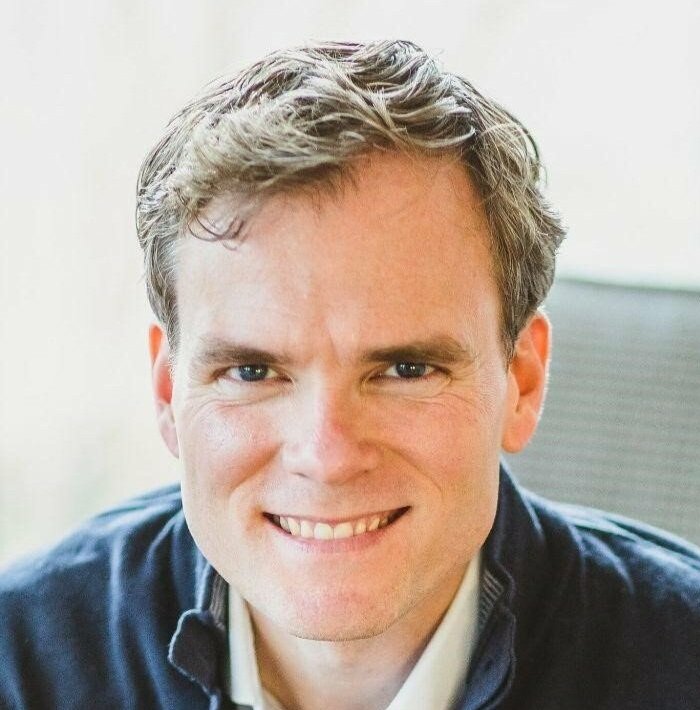Brian McLaren’s recent commentary at Patheos.com gives yet another example of the either/or approach that leaves the church stuck in neutral. Whether you agree with him or pray for him, on this issue McLaren gets this much right:
- For the most part, seminary grads are pleased with their education.
- All too often, churches without a pastor are without a pastor for a reason.
- For most young ministers, walking into a new pastorate is like walking into a brick wall.
- Because there are too many brick walls, there is ministerial burnout and a growing need for new ways of being church.
What McLaren doesn’t say in the article is that there are bridges to be built between the inherited church and new forms of church. It’s never either/or. It’s always both/and. That’s why Fresh Expressions fosters a ‘mixed economy’ approach. Simply put, the church our grandparents worked hard to build is a right, good and joyful thing. And it’s a bridge to the way that church will look like in the future. The same thing goes for the church our parents built. And the one our son or daughter sometimes attends. It’s never a good idea to burn a bridge.
In some places, the ‘brick wall’ churches McLaren warns us about are becoming ‘bridge’ churches.
With the help of a couple of community insiders, one pastor in rural Virginia is making inroads into the underemployed youth subculture that plagues so many small towns. In this town, a group of un-churched and de-churched twenty-somethings are having their lives turned upside down by Jesus—and some are getting kicked out of their houses because the ones with whom they live can’t handle the change.
This pastor has made no attempt to start a new service at his church because, let’s face it; most church people can’t handle change either. Plus, the ‘solutions’ peddled at the big church-growth conferences don’t play in most churches. Why? Because there’s no money. Even if there were, nobody in the church wants to buy what the church consultant is selling. It’s a good thing because these young adults aren’t attracted to a church service or program. They’re attracted to something more tangible and transcendent. It’s called authentic friendship and space to ask questions. Somewhere in this space and among these friends they’re coming face to face with the inexplicable and mind-blowing truth that God loves them.
On Sunday nights at 8:00, this little tribe meets together in the pastor’s office. Sometimes there are three people. Sometimes there are 12. And the pastor asks them three questions: “Who are you?”, “What do you want?” and “What do you believe about God?” And then they talk about each one. Little by little, their lives are reframed. And the broken image is being restored.
I’m hopeful that one day soon this pastor will tell the rest of the story; about the elders in his congregation who’ve taken some of these displaced young people into their homes as a further indication that God builds bridges. And God loves church people too.


